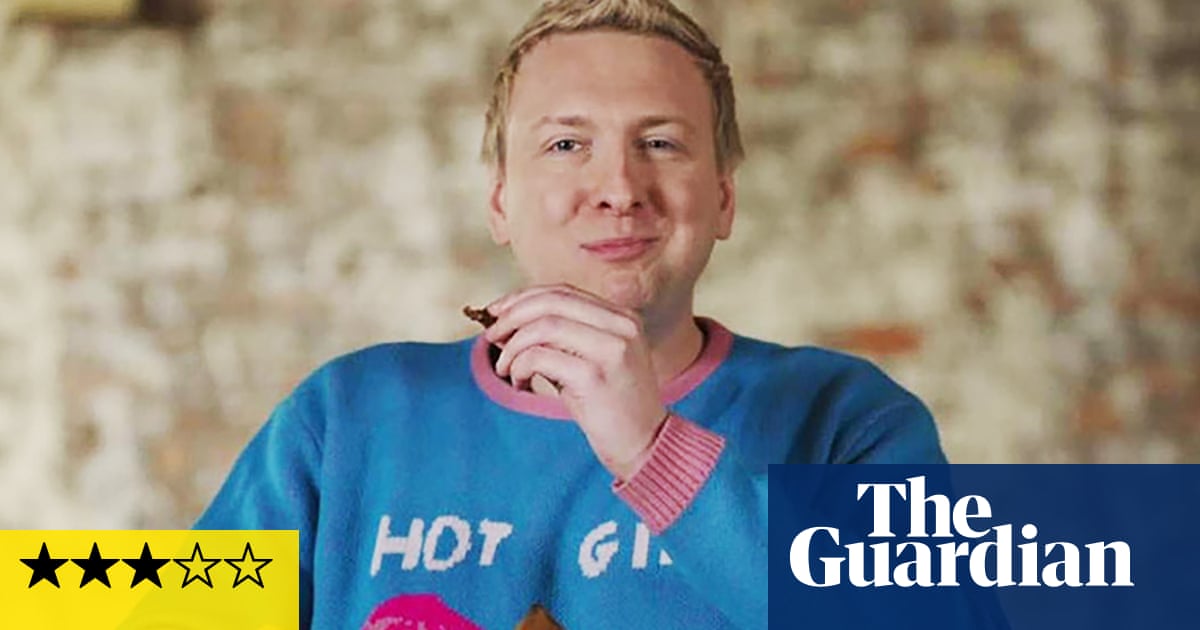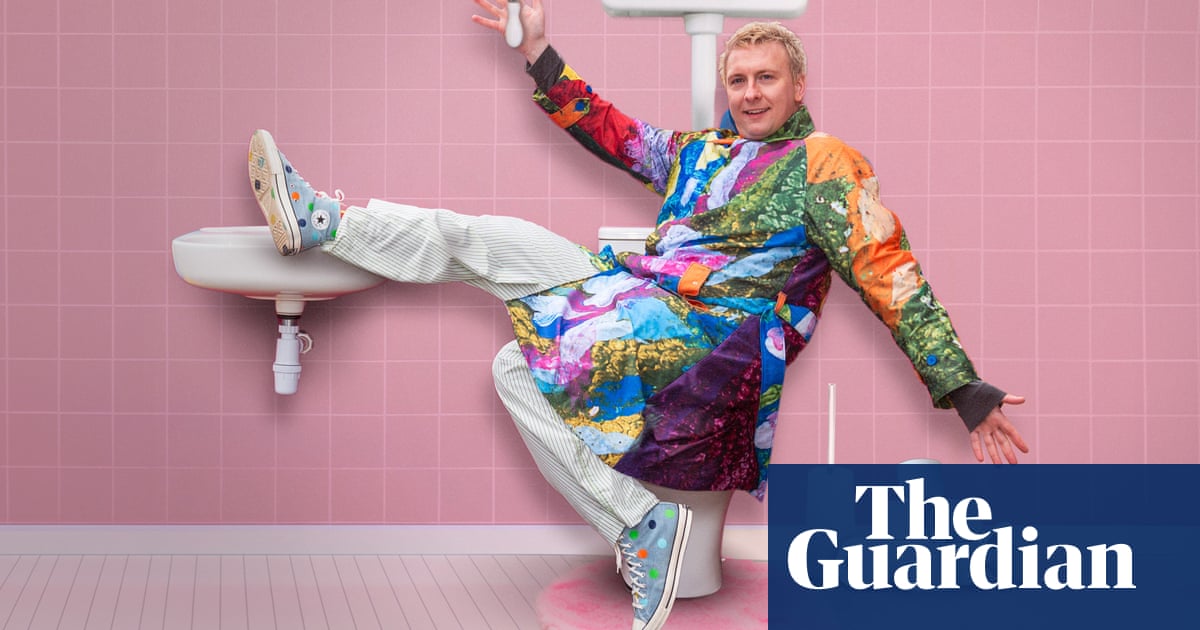
That Joe Lycett’s a busy lad, isn’t he? First there was that time he changed his name to Hugo Boss to bring attention to the fashion company’s penchant for sending cease and desist letters to small businesses, accusing the likes of the husband-and-wife-run Boss Brewing craft ale company of copyright violation. Then there was the advert he put on social media about oil company Shell. There was also his great turn when being interviewed by Laura Kuenssberg on the BBC after Liz Truss’s appointment as prime minister, which I do not have space to describe here but would recommend you take two minutes out of your day to find online and enjoy. And, most recently, he livestreamed an apparent shredding of £10,000 to protest against David Beckham’s sponsorship deal promoting the Fifa World Cup in Qatar, a country with an abysmal record on gay rights. Then there were the minor but still fun flourishes like using a picture of a bowl of potpourri to raise £50,000 for the charity Crisis after home secretary Suella Braverman described homelessness as “a lifestyle choice”.
Now he’s turned to shit. And I mean that in the best way. Joe Lycett vs Sewage sees the comedian taking issue with – and honestly, it’s not really until you find yourself typing these words that you realise how absolutely awful things are (and how much more of it we should be making room for in our daily bouts of existential despair and gibbering under the duvet). Yes, actual poo, in the very same, wholly untreated form that it comes out of our bottoms, discharged into rivers. Millions and millions of litres of it, pumped into the seas and rivers in which people would like to swim – and very near to which they often live.
Lycett visits a treatment plant to see what should be happening to our effluent to render it safe (“Can I drink it now? Swim in it? Throw it at a child?”), and learns how little of the necessary capacity for dealing with the raw stuff we have, thanks to decades of underinvestment in necessary infrastructure (Infrastructure! So boring! So expensive! So vital!). It would, supposedly, require about £350bn to bring things up to scratch.
He gathers information via his tried and tested formula of energetically knowing set pieces, warm and friendly interviews with the people affected, plus social media calls for employees’ testimony. He uncovers the extraordinary number and volumes of spills suffered by beaches and rivers up and down the land (though, as one interviewee notes, to call them “spills” suggests they are accidental, rather than the deliberate discharges they are). There is information on the effective monopoly the water companies enjoy (there’s no up-and-coming Bazalgette to take the job on again and Lycett must reluctantly abandon his idea to set up J’Eau, an ethical sewerage network). He discloses the revolving-door relationship between those employed by the Environment Agency and Ofwat (who regulate and fine water companies) and the jobs people often find at the very companies they were once overseeing. The lack of incentive for companies to improve is obvious – why cut into dividends when penalties are so vanishingly rare?
The traditional stunt, when it comes – rather late in the programme – is a bit of a busted flush (if you’ll pardon the pun). First he engages Gary Lineker (who once, in case your memory doesn’t stretch back that far, played a match when he had diarrhoea – and at a moment of high footballing activity, accidentally shat himself on the pitch) to pretend to be the inaugural guest on a new podcast series: Turdcast. This publicises a launch event at the Albert Docks for a campaign against the water companies’ behaviour. It involves the public relieving themselves in the privacy of an inflatable “Turdis”, with the (fake) results being “accidentally” released into the sea. Media coverage, outrage and awareness will ensue. The day is too windy for the Turdis to be erected for long, but the rest takes place.
There is a game attempt towards the end of the programme to suggest that the media and public imagination is seized to the same extent that they have been by many of Lycett’s other stunts, but it isn’t quite convincing. But! This programme should improve that and hopefully add to the 20,000 emails and counting that have been written to water companies via turdcast.co.uk. In the meantime, Lycett remains a genuinely charming, witty host who never loses sight of his objective, and as long as we don’t think too hard about why a Channel 4 comedian is our only defender against a world of shit, I think everything’s really fine.
Joe Lycett vs Sewage aired on Channel 4 and is available to stream online.












